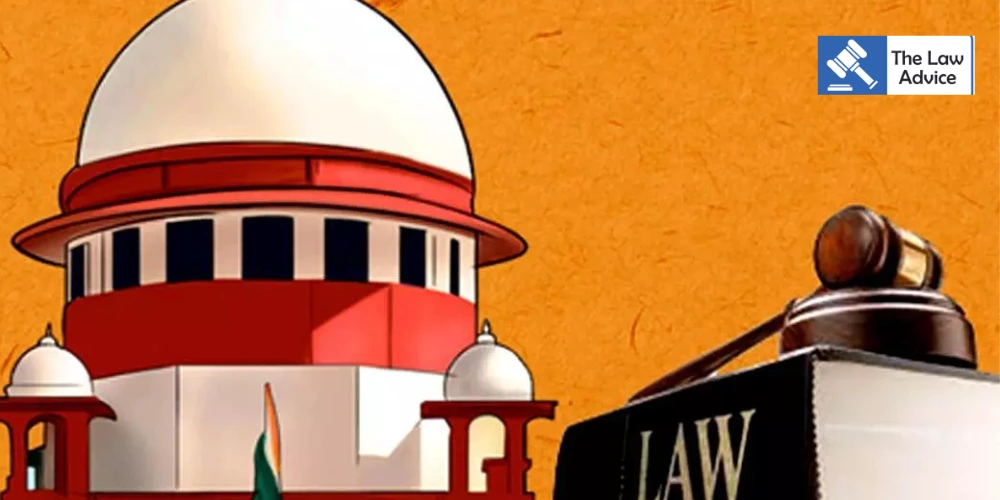The Supreme Court on Wednesday raised serious concerns regarding certain aspects of Talaq-e-Hasan, a form of divorce under Islamic law, particularly criticizing the growing practice of husbands’ lawyers issuing talaq notices on their behalf. The bench observed that this allows husbands to later deny pronouncing talaq and accuse their wives of polyandry if they remarry.
The Court therefore sought detailed suggestions from parties on whether judicial intervention is warranted.
Talaq-e-Hasan, unlike the now-invalidated instant triple talaq (talaq-e-biddat), is a revocable, phased form of divorce where the husband pronounces talaq once every month over three months. While hearing challenges filed by Muslim women against this practice, the Court said the issue involved serious debatable questions. It added that gaps in these remaining forms of divorce could be regulated rather than struck down entirely.
A bench of Justices Surya Kant, Ujjal Bhuyan and N. Kotiswar Singh considered the matter. The petitioners, all Muslim women subjected to Talaq-e-Hasan, alleged discriminatory treatment.
Highlighting the larger societal implications, Justice Kant remarked that the Court must consider not just the petitioners—an educated doctor and a journalist—but also “the unheard voices”: women from rural or disadvantaged backgrounds who may have no resources to contest such divorces. “Access to justice should not be only for those who can reach the Court,” he said.
The lead petition was filed by journalist Benazeer Heena, who received her first talaq notice by speed post in April, followed by two more in subsequent months. Her counsel argued that she risks accusations of polyandry because the talaq notice was unsigned by her husband and was instead issued by his advocate.
Her counsel stated, “In the 11-page notice, the husband’s signature is missing. The talaq is pronounced by the advocate.” Senior Advocate M.R. Shamshad, for the husband, defended this, saying it is common for talaq notices to be issued through advocates.
A visibly surprised Justice Kant asked whether such a practice could be permitted. He questioned why the husband could not directly communicate with his wife: “Does he have such ego that even for divorce he cannot speak to her? We are in a modern society—how can an advocate issue a divorce?” He warned that such practices risk severe consequences—women may remarry unaware that the talaq was never validly issued, exposing them to allegations of polyandry.
Heena, who was personally present, informed the bench of the hardships she faced: her 4-year-old child being denied school admission, humiliation at a passport office for producing an unsigned talaq notice, and that she was paid only ₹17,000 as a lump-sum amount. She added that her husband has already remarried.
Assuring assistance, the Court directed Heena to file an application with details of school admissions, passport difficulties, etc. It also asked her husband—himself an advocate—to appear in court and follow proper legal procedure. “He cannot enjoy his life while destroying hers,” Justice Kant said.
Heena’s application is scheduled for November 26. “It is Constitution Day, and we must do something,” Justice Kant remarked.
The Court asked Heena’s counsel to assist on broader constitutional questions: the extent to which courts may intervene in religious personal laws, and whether discriminatory or exploitative practices should be judicially regulated. “Why should courts not intervene where there is gross discrimination and exploitation?” Justice Kant asked.
Advocate Ashwini Upadhyay, appearing for another petitioner, said her husband pronounced “talaq, talaq” simultaneously—an unrecognized form. He argued that this was the “sixth type” of talaq and the Court must ensure equal rights for all women, regardless of religion. He sought a reference to a Constitution Bench.
Justice Kant responded that a three-judge bench may be sufficient for now, though the question of reference may be revisited once all issues are placed on record.
The Court also permitted intervention applications by the All India Muslim Personal Law Board and Samastha Kerala Jem-iyyathul Ulama, and granted additional time to the NHRC for a comprehensive response.
Case Title: Benazeer Heena v. Union of India & Ors., W.P.(C) No. 348/2022 (and connected matters)
